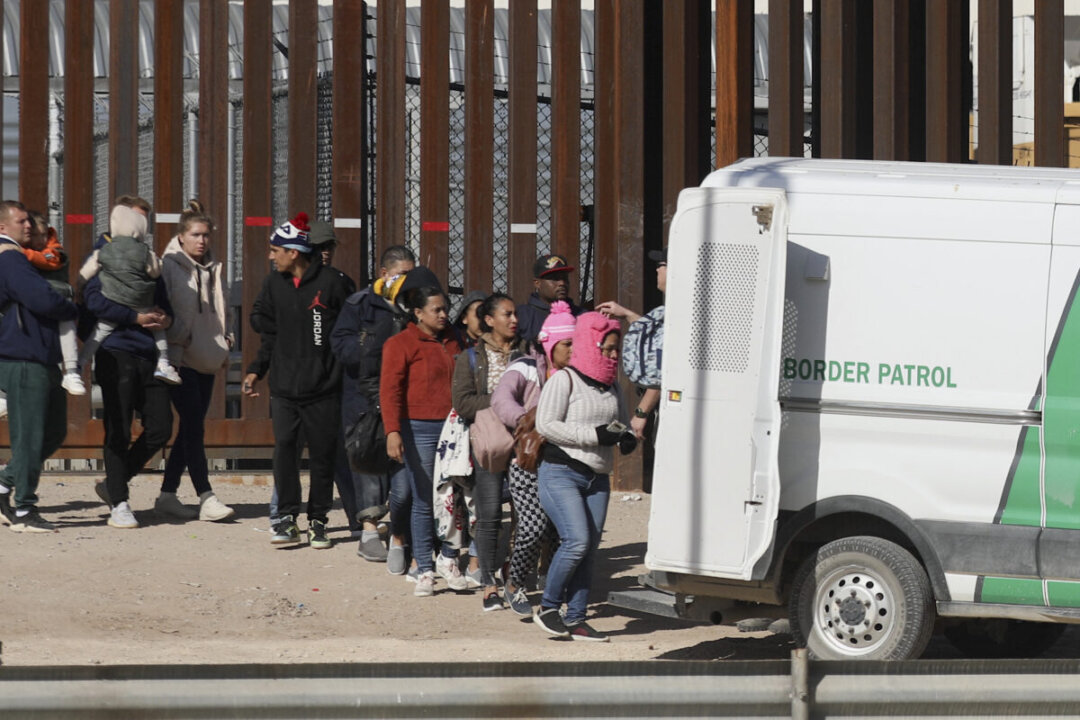Federal Judge Blocks Trump Administration's TPS Termination for 60,000 Immigrants
A federal judge in California extended Temporary Protected Status for 60,000 individuals from Honduras, Nicaragua, and Nepal, blocking the Trump administration's efforts to terminate their long-standing protections.
Subscribe to unlock this story
We really don't like cutting you off, but you've reached your monthly limit. At just $5/month, subscriptions are how we keep this project going. Start your free 7-day trial today!
Get StartedHave an account? Sign in
Overview
- A federal judge in California ruled against the Trump administration, extending Temporary Protected Status (TPS) for approximately 60,000 individuals from Central America and Nepal.
- The Trump administration, through Homeland Security Secretary Kristi Noem, had aimed to end TPS, asserting that conditions in these home countries no longer warranted protection.
- This judicial decision prevents the deportation of TPS recipients and allows them to continue working legally in the U.S., many of whom have resided there for over 25 years.
- Lawyers representing the National TPS Alliance successfully argued against the administration's termination plans, leading to the judge's ruling that blocked the policy change.
- The ruling ensures continued protection for individuals from Honduras, Nicaragua, and Nepal whose TPS permits were previously scheduled to expire, maintaining their legal status.
Report issue

Read both sides in 5 minutes each day
Analysis
Center-leaning sources frame this story by emphasizing the judicial branch's role in checking executive power and highlighting the humanitarian impact of the judge's decision. They prominently feature the judge's strong findings, including allegations of "racial animus" and "preordained" decisions, while subtly questioning the administration's rationale through strategic information placement.
Articles (11)
Center (5)
FAQ
Temporary Protected Status (TPS) is a temporary immigration status granted to nationals of certain countries experiencing conditions such as ongoing armed conflict, environmental disasters, or other extraordinary circumstances that prevent safe return. Eligible individuals must be nationals or stateless residents of a designated country, continuously physically present in the U.S. since the designation date, and must pose no threat to U.S. security or public safety.
The Trump administration, via Homeland Security Secretary Kristi Noem, argued that the conditions that had warranted TPS designations for Honduras, Nicaragua, and Nepal had improved to the point where continued protection was no longer justified, aiming to end TPS and thus allow deportation of these individuals.
The judge ruled against the Trump administration's attempt to terminate TPS protections by finding that the administration did not adequately justify ending protections given the ongoing unsafe conditions in the countries concerned; plaintiffs successfully argued that terminating TPS would unlawfully expose recipients to deportation despite continued humanitarian concerns.
The ruling prevents the deportation of approximately 60,000 TPS recipients from these countries and allows them to continue living and working legally in the U.S. Many recipients have resided in the U.S. for over 25 years, and the ruling preserves their legal status and employment authorization.
TPS designations typically last for 6, 12, or 18 months and can be extended at the discretion of the Secretary of Homeland Security if unsafe conditions persist in the designated countries. Extensions require affected individuals to re-register to maintain their protected status.
History
- 3M

 6 articles
6 articles








